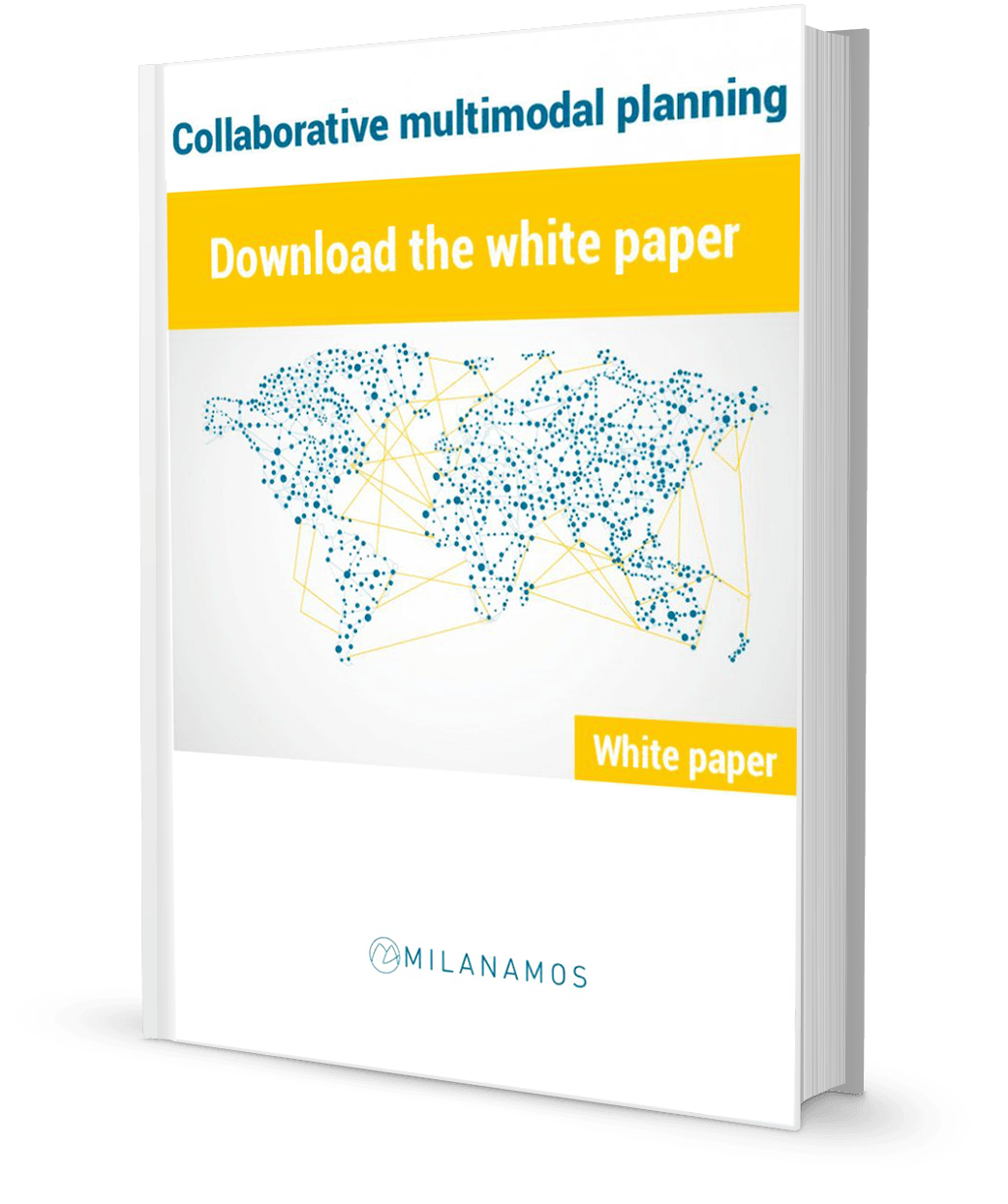Airports, airlines, rail, bus and ferry operators are moving towards multimodal networks. But it isn’t big infrastructure that will make or break intermodal collaborations … it’s how mobile-ready and partner-friendly your data is.
“Seamless European travel,” according to former EC Transport Commissioner Siim Kallas, “is neither a fiction, nor yet a reality, but a vision capable of being realised through evolution.”
Yet because transport operators are by their nature infrastructure-centric, there’s a tendency to think of multimodal collaborations in terms of activities which are underpinned by ‘cement and metal’ engineering projects. Quite rightly, transport operators think about the practicalities of physically getting passengers from A to B. It’s in their DNA to think like that.
But once that infrastructure investment has been made, the softer issues of smartphones and smart partnerships are what will drive traffic and revenue. And the management of data is fundamental to that activity.
Multimodal transport needs collaborative data.
According to a recent article by SITA (link below), some 97% of travelers take a mobile device (smartphone, tablet or laptop) on their journey.
And the website Hotel Marketing (link below) quotes a study saying that 90% of travel bookings are researched and/or made online.
So the opportunity for transport operators to market their services in a multimodal, app-driven world can be approached in two ways:
1. Get consumers on your website, and monetize your multimodal relationship with other transport operators.
2. Make sure your data is accessible by other transport operators, travel booking portals and application developers.
In short, having silos of data which are strictly guarded is an outdated concept. Tomorrow’s successful travel operators will be the ones who make their timetable and reservations databases shareable.
France’s ‘Macron Law’ and the economic benefits of open data.
In 2015, the French government passed a wide range of laws – comprising some 308 articles and 2,300 amendments – which were aimed at liberating and stimulating the country’s economy.
Known collectively as the Macron Law – after Emmanuel Macron, France’s Minister for Economic Affairs – one of the key points was mandating that transport operators must give free access to their timetable data.
This means organizations like Air France, railway company SNCF and Paris transport authority RATP, plus other public transport operators throughout the country, will make all make their schedule data freely available to app developers via APIs.
France has been a leader in open data, and the OECD (link below) predicts that the overall Macron Law changes will add 0.5 to GDP over the next five years.
Note. Read our blog post titled ‘Nuanced Programming in Multimodal Travel Metasearch for Mobile Apps’ to find out about some of the travel apps using open data.
Mobilizing travel databases with PlanetOptim from Milanamos.
Milanamos specializes in helping airports and transports operators to mobilize their data, and collaborate with competitors, partners and portals alike.
As a consultancy, we have worked with airports and operators around the world to harness the power of big data for predicting the revenue of new multimodal initiatives.
And as a software developer, our PlanetOptim solution includes SaaS skills and API tools which give all players in the value chain an ubiquitous way to reach tomorrow’s consumers.
Best of all, in most cases the PlanetOptim solution simply overlays onto the current data platform used by airports and travel operators. So expanding your market reach to mobile-enabled multimodal assets becomes a much simpler process.
Reference used in this article.
ITS International quotes Siim Kallas.
http://www.itsinternational.com/sections/associations/features/network-of-associations/
SITA article : 97% of passenger have a mobile device.
http://www.sita.aero/pressroom/news-releases/airline-passengers-ready-for-wearable-tech
Hotel Marketing : 90% of travel booked online.
http://hotelmarketing.com/index.php/content/article/around_90_percent_of_travel_bookings_today_involves_going_online_compared_t
CERL : The Macron Law. A revolution for transport?
http://www.cerl.fr/en/the-macron-law-a-revolution-for-transport/
OECD : The positive effects expected from the Macron Law.
http://www.oecd.org/france/the-positive-effects-expected-from-the-macron-law-show-that-france-must-pursue-its-structural-reform-initiatives.htm











